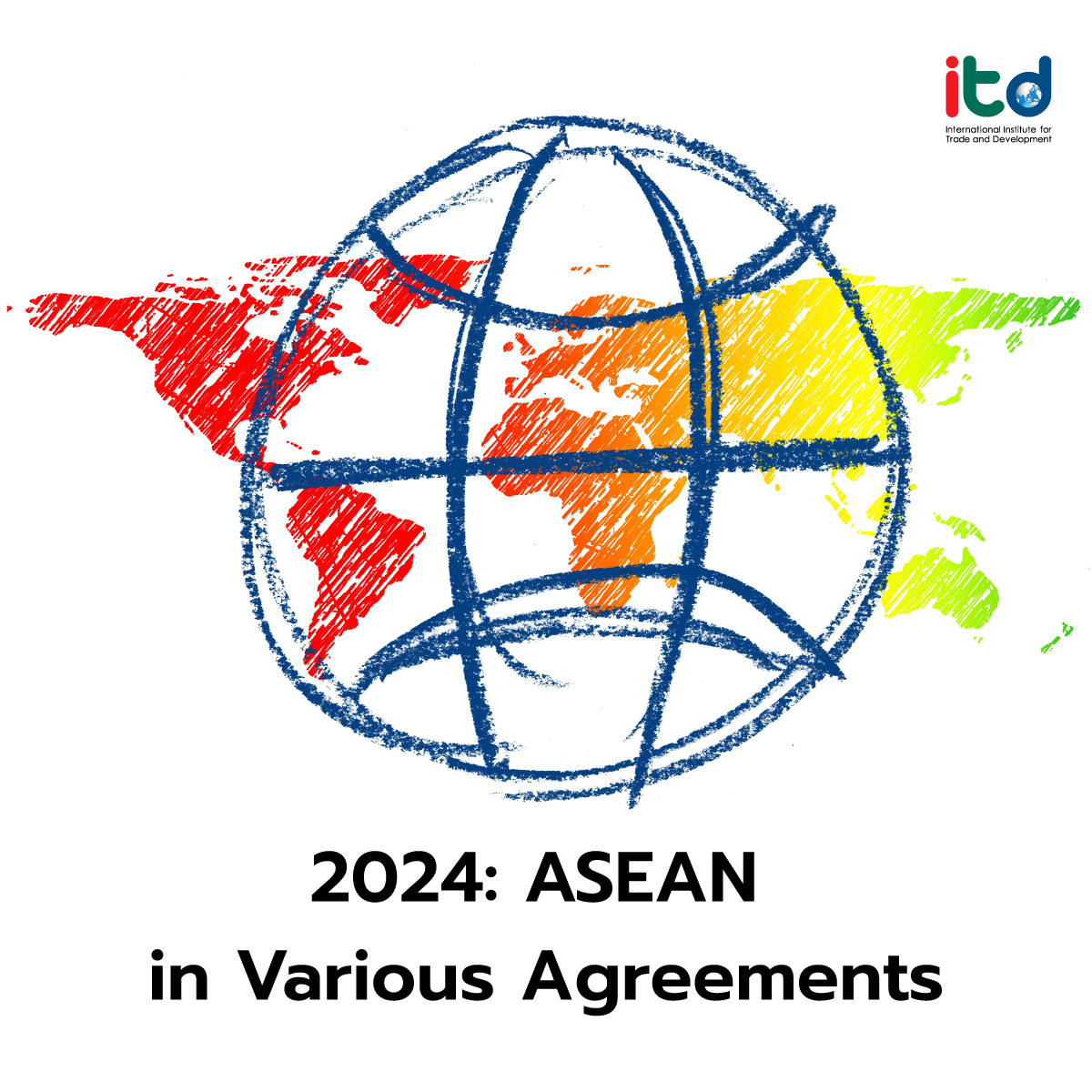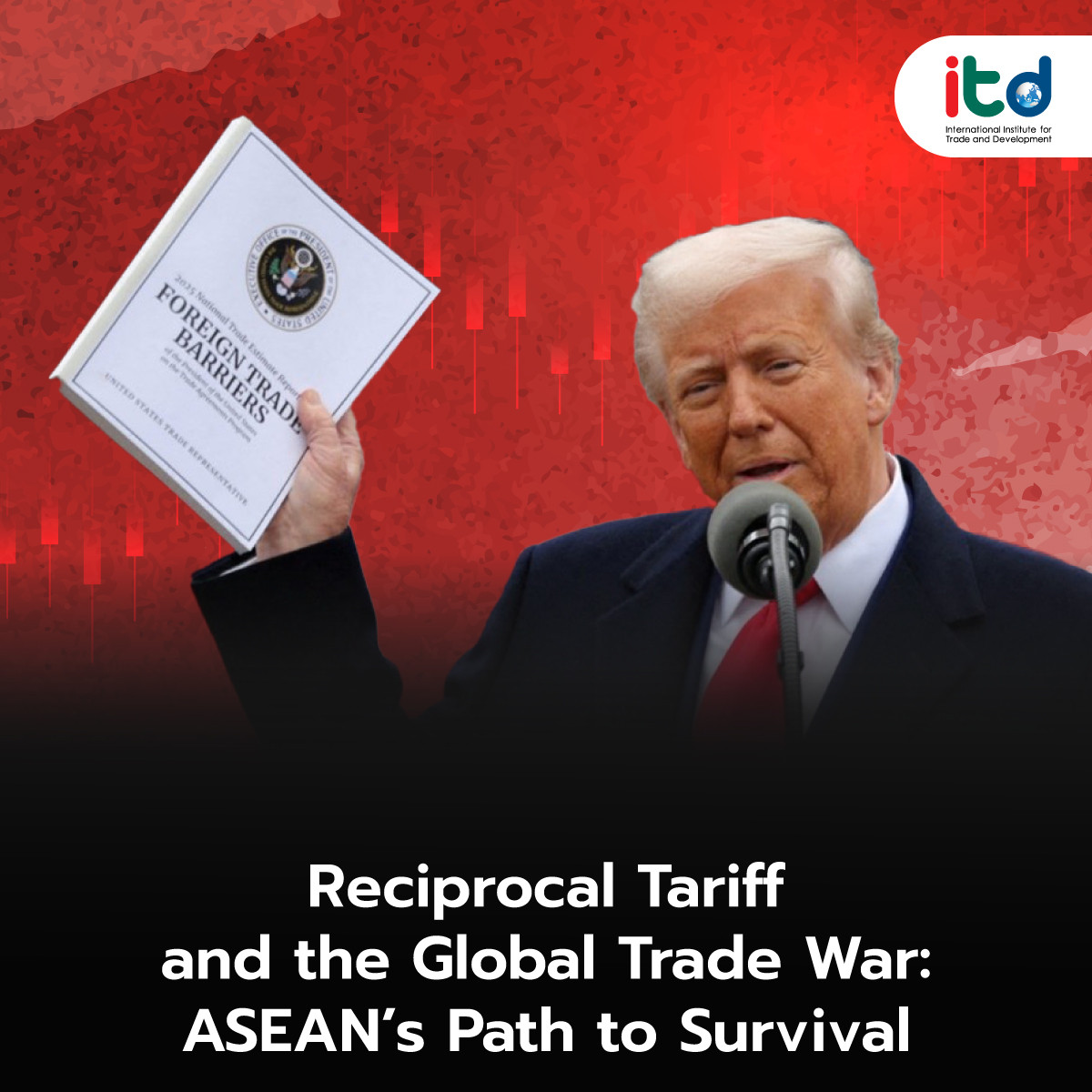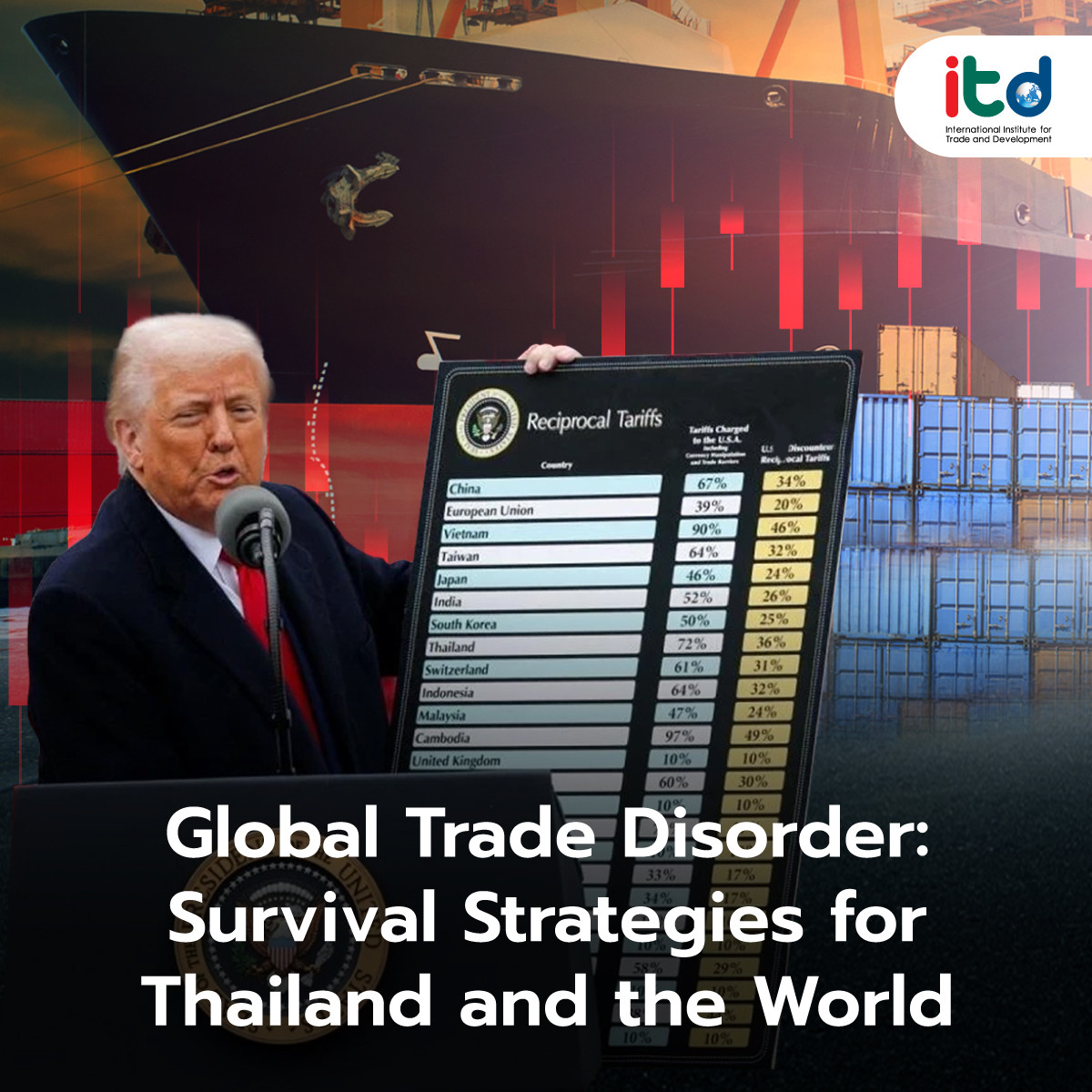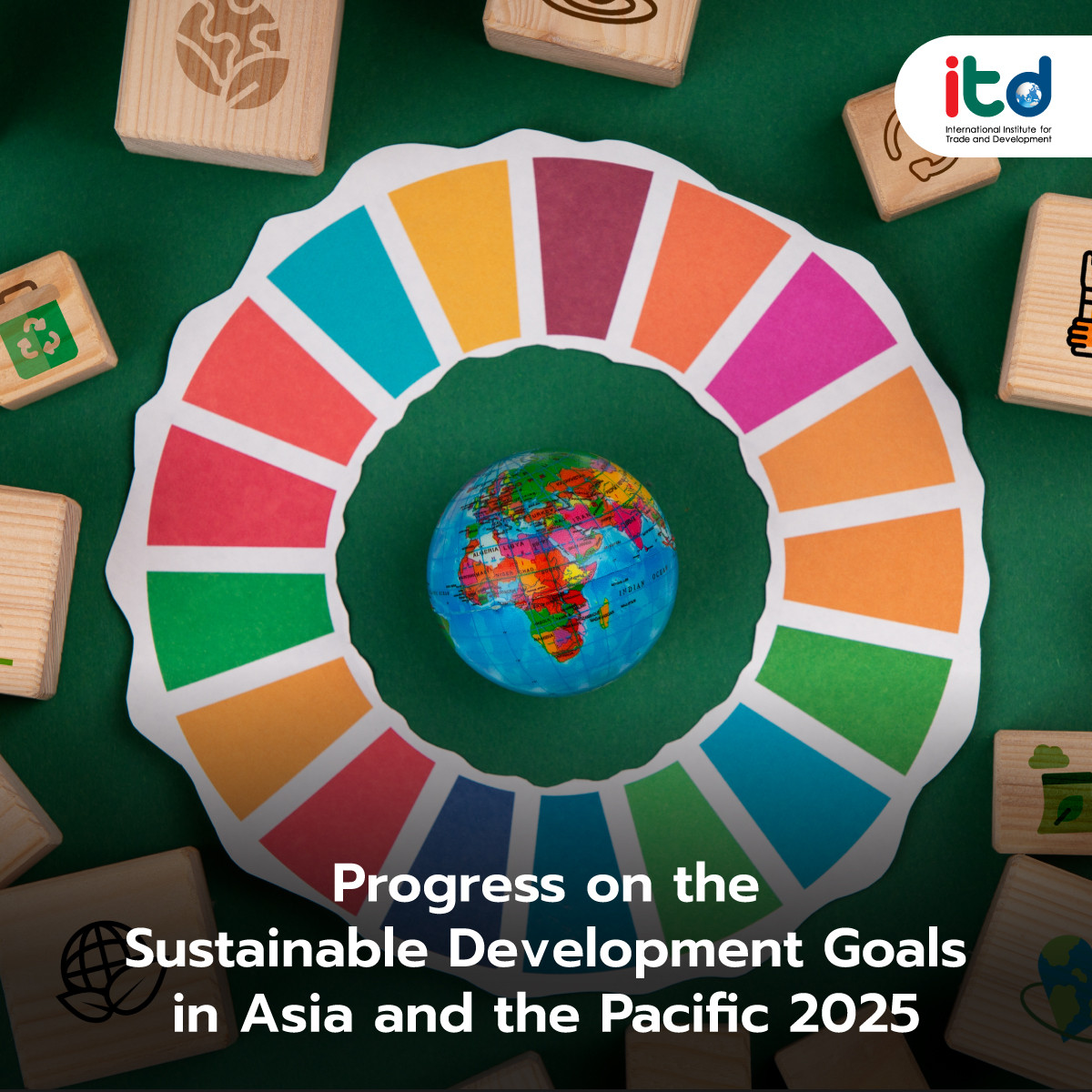About Documents
Entering 2024, various issues, including the economy, trade, society, technology, and the environment, are highlighted in bilateral and multilateral negotiations. Notably, agreements involving ASEAN are worth watching and are expected to have significant progress.
The Regional Comprehensive Economic Partnership (RCEP), comprising 15 member countries, including ASEAN member countries and covering nearly 30% of the global GDP, is working to finalize the accession rules within this year. This will lead to the start of negotiations for potential accession.
The expansion of RCEP membership is an opportunity for ASEAN to leverage the agreement, broadening its market and supply chains and enhancing trade and investment opportunities. Economies such as Hong Kong and Sri Lanka have already expressed intentions to formally join the RCEP.
The ASEAN-Canada Free Trade Agreement (ACAFTA), which will be the first free trade agreement between ASEAN and a North American country, initiated negotiations in 2021 and is expected to be concluded by 2025. This agreement aims to cover key areas including trade in goods, trade in services, investment, intellectual property, labor, and the environment. It is projected to increase ASEAN’s GDP by approximately $39.4 billion.
The ASEAN Digital Economy Framework Agreement (DEFA), which will be the world’s first regional digital economy agreement, encompasses various aspects to bolster businesses and stakeholders in ASEAN, covering digital trade, cross-border e-commerce, payments, and e-invoicing. Negotiations and continuous work will take place throughout 2024 and aims to conclude the framework agreement by 2025.
ASEAN is intensifying cooperation both regionally and with negotiation partners to expand trade and investment opportunities and foster economic growth. Concluding the negotiations of these agreements will further enhance ASEAN’s competitive capabilities.
Additionally, there are movements on a global level that would affect ASEAN and stir changes across sectors. Member states of the World Health Organization (WHO) have agreed to a global process to draft and negotiate a convention, agreement, or other international instrument on pandemic prevention, preparedness, and response (Pandemic Treaty). Concerns have been raised regarding potential WHO interference in state sovereignty, a claim refuted by WHO. However, ongoing debates persist, particularly over intellectual property rights.
In terms of environmental issues, the process of drafting and negotiating a legally binding instrument on plastic pollution (Plastic Pollution Treaty) started in 2022 and aims to conclude by 2024. This global community effort under the United Nations seeks to address plastic pollution. The revised draft has been published and will be presented in the fourth session of the Intergovernmental Negotiating Committee (INC-4) in April 2024.
Thus, 2024 is a significant year for international movements in trade, economy, technology, health, and the environment. ASEAN must elevate its role in these negotiations, and various sectors need to prepare for the intensifying international instruments that will address multiple issues.






